Fair Pricing and Stability – Why It Matters
Johan Blasberg, Green Coffee Buyer and Sourcing Lead at Amokka / Scanomat
Coffee is grown on more than 12 million farms around the world, most of them small family operations. In many producing countries, coffee remains one of the few viable sources of income. Yet for decades, low and unpredictable prices have made it difficult for farming families to earn a living from their work.
A recent study from Columbia University showed that in eight out of ten coffee producing countries, the average income from coffee is below the poverty line. In Uganda, for example, a coffee growing household earns about $88 a year from coffee. To achieve a basic living income, covering food, housing, healthcare, and education, they would need between $2,000 and $6,000 annually.
These realities shape how we think about coffee sourcing at Amokka.
We believe great coffee must be built on great relationships. This means fair compensation, long term stability, and transparency across the supply chain. That is why our sourcing model is based on direct trade and agreements with our producer partners over multiple seasons.

At Nasir's farm, neighbours and smallholders are paid upon delivery. We paid 169,0% above the C-market price for this lot.
How We Buy Coffee
In the 2023/24 season, we paid an average of 51% above the market price for the coffee we purchased. These premiums reflect not only the quality of the coffee but also the value of predictable pricing for producers. Stability is often just as important as higher prices.
For example, in Brazil, we have established fixed pricing agreements with our farm partners, offering consistency over multiple harvests. Producers are protected when market prices are low, and we maintain stability when prices rise. It is not just about paying more, but about ensuring reliability.
 Our coffee from Ketiara, our Indonesian partner, is grown, sold, and exported by the cooperative itself. In 2024, we paid 72,4% above the C-market price.
Our coffee from Ketiara, our Indonesian partner, is grown, sold, and exported by the cooperative itself. In 2024, we paid 72,4% above the C-market price.
In Times of Market Volatility
Right now, we are seeing a sharp rise in coffee prices. Since late 2024, Arabica futures have jumped 70 percent, driven by weather impacts and reduced harvests in Brazil. For many in the industry, this has led to contract delays or broken commitments.
Our approach has been different. We remain committed to our agreements and continue working closely with our partners to navigate these changes fairly and transparently. Because of our relationship based sourcing approach, we can ensure that the premiums we pay actually reach the farmers, bringing them stability even during market uncertainty.
 In Nicaragua, prices are negotiated a few weeks before delivery. Farmers are free to sell to whomever they wish, but over the years, Frederik, our local partner in Nicaragua, has built a solid network, offering good prices and agronomical assistance. We paid 32,6% above the market price in 2024.
In Nicaragua, prices are negotiated a few weeks before delivery. Farmers are free to sell to whomever they wish, but over the years, Frederik, our local partner in Nicaragua, has built a solid network, offering good prices and agronomical assistance. We paid 32,6% above the market price in 2024.
Looking Ahead
The market will continue to change. Prices may stay high, or they may drop again. Either way, farmers should not bear all the risk.
Our role at Amokka is to build lasting partnerships that withstand both good years and challenging ones. This is how coffee becomes sustainable, not just for us, but also for the people who grow it.
Our Mexican partner Edelmira works similar to Frederik in Nicaragua, by offering farmers better terms and prices than other traders in the area. Last harvest we paid 61,3% above C-market prices.


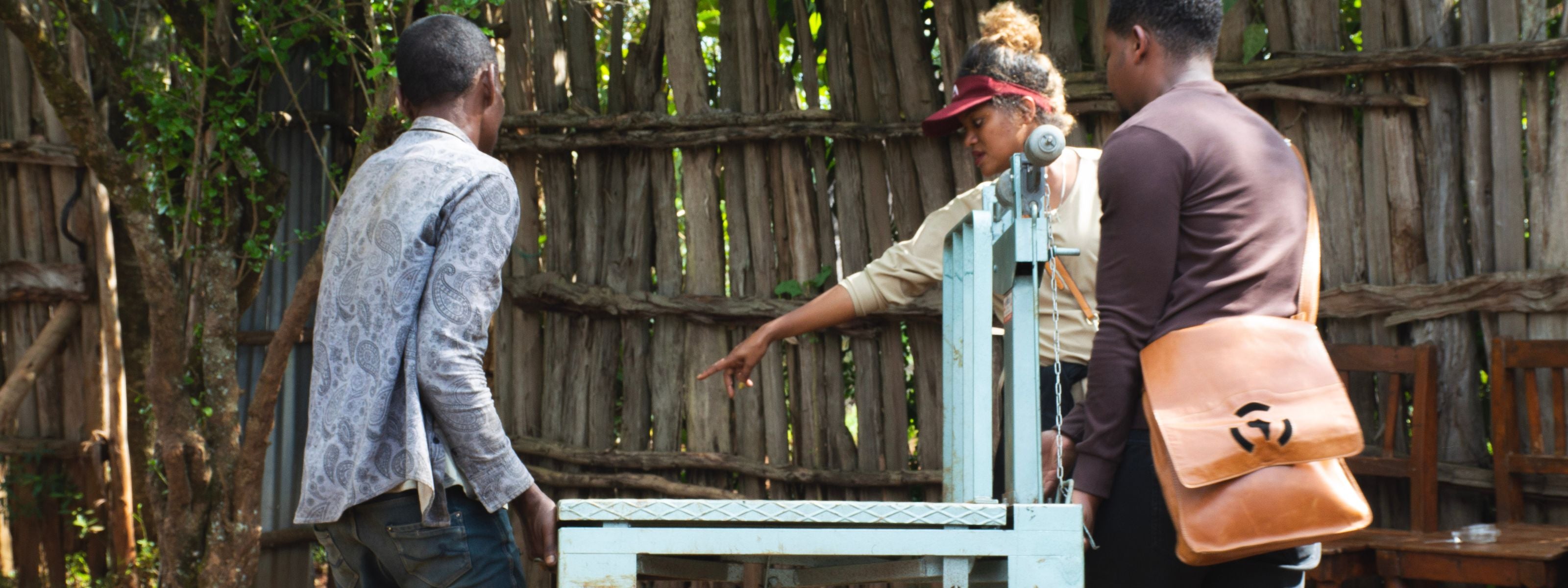
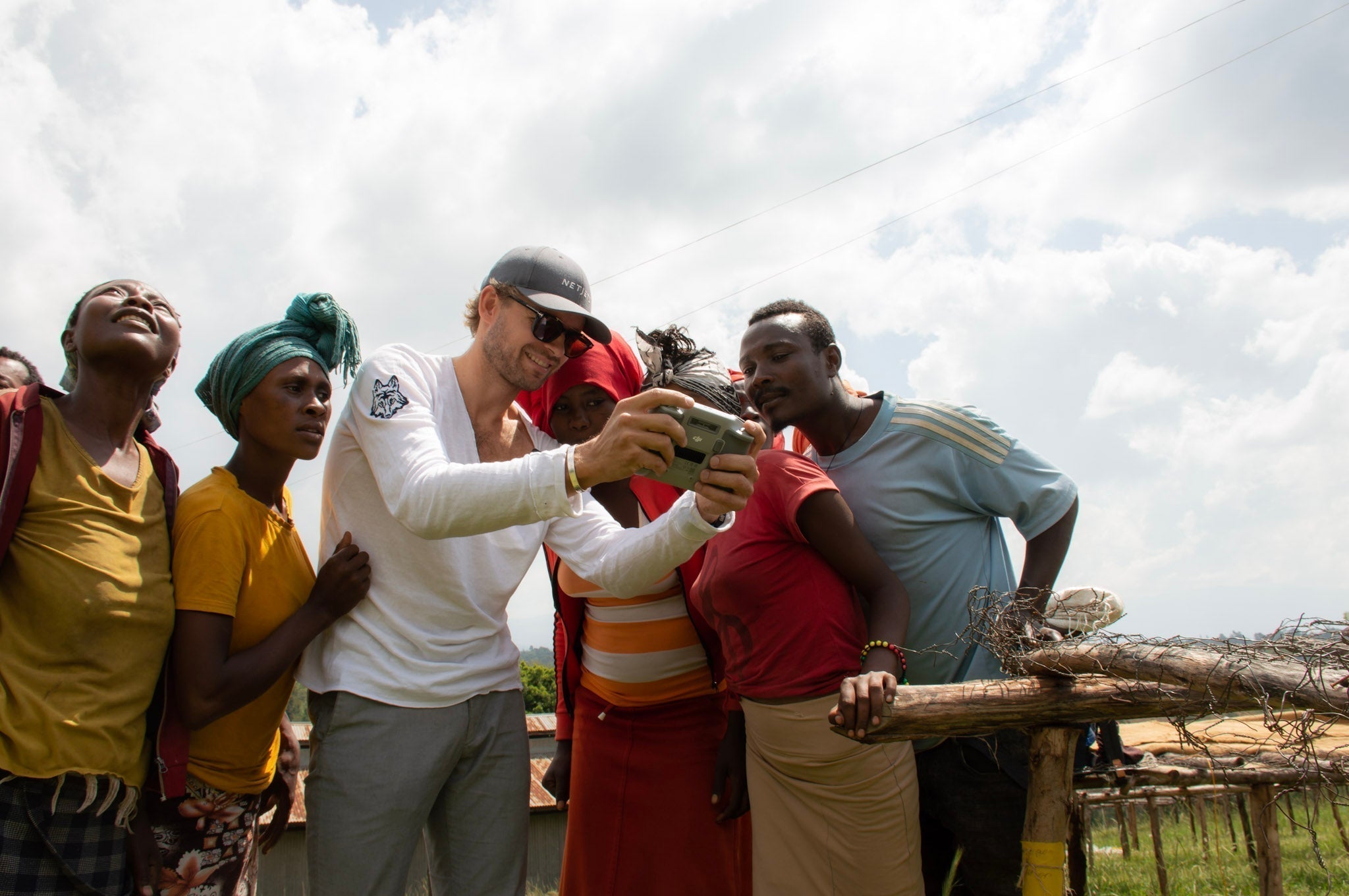
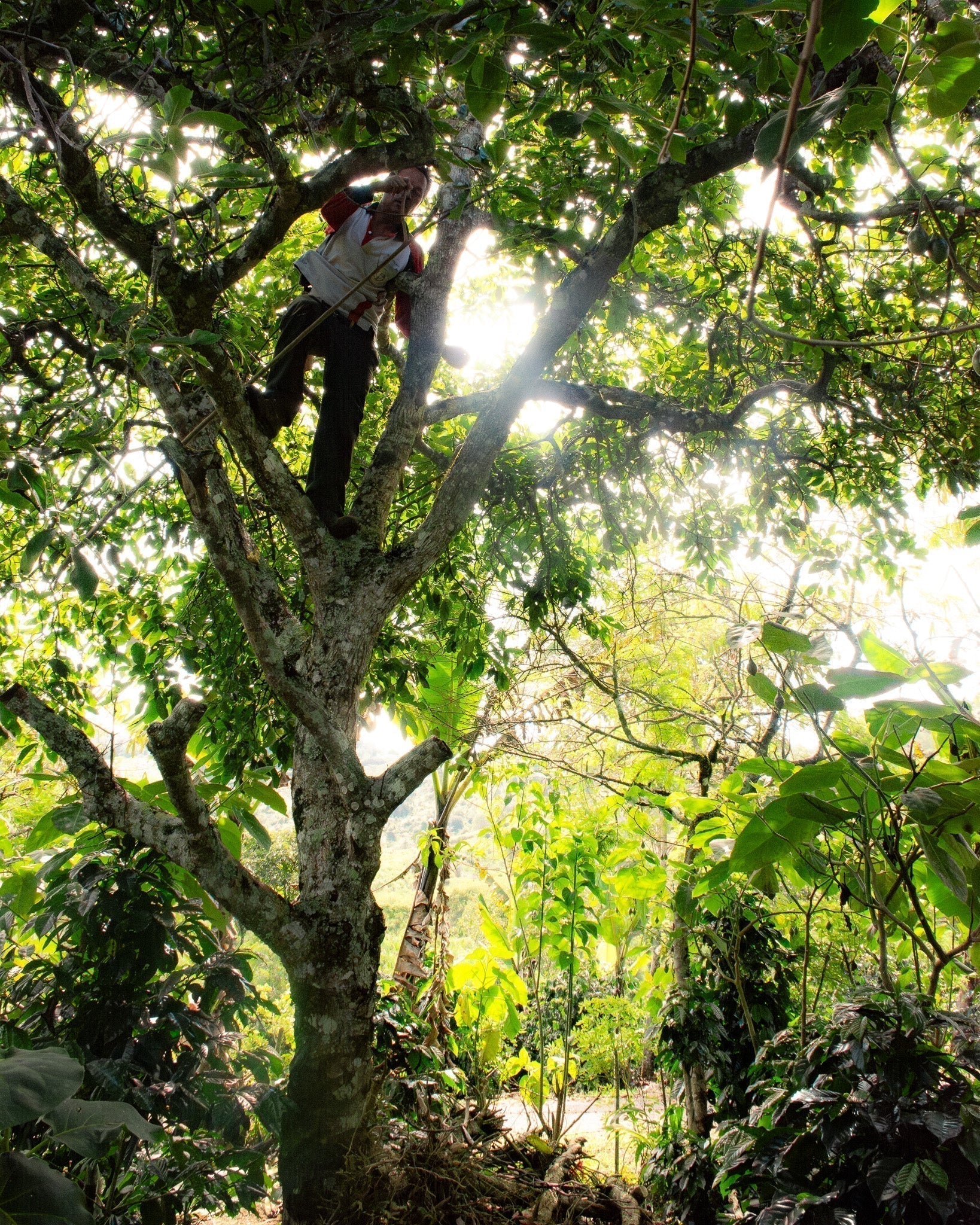
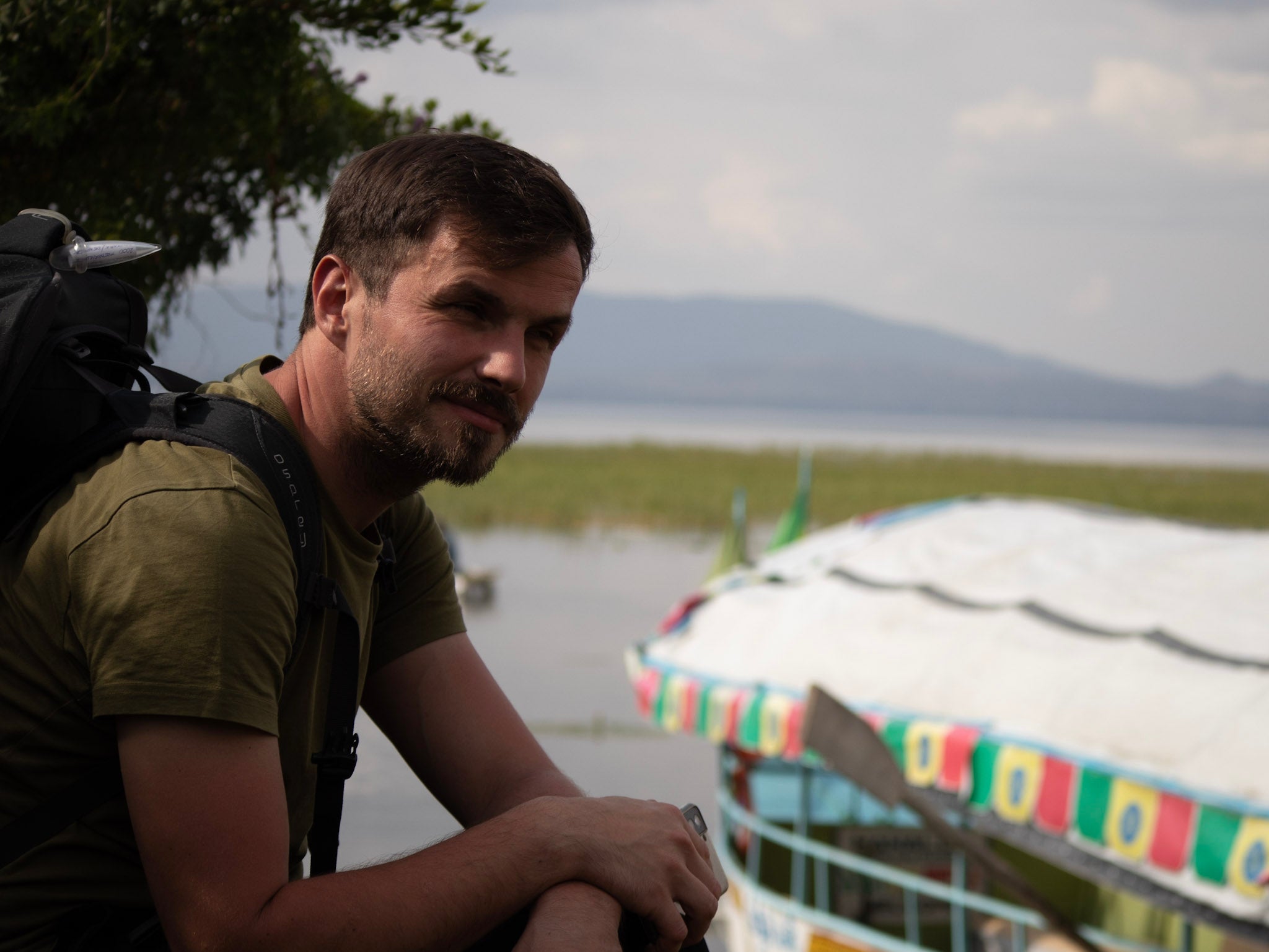
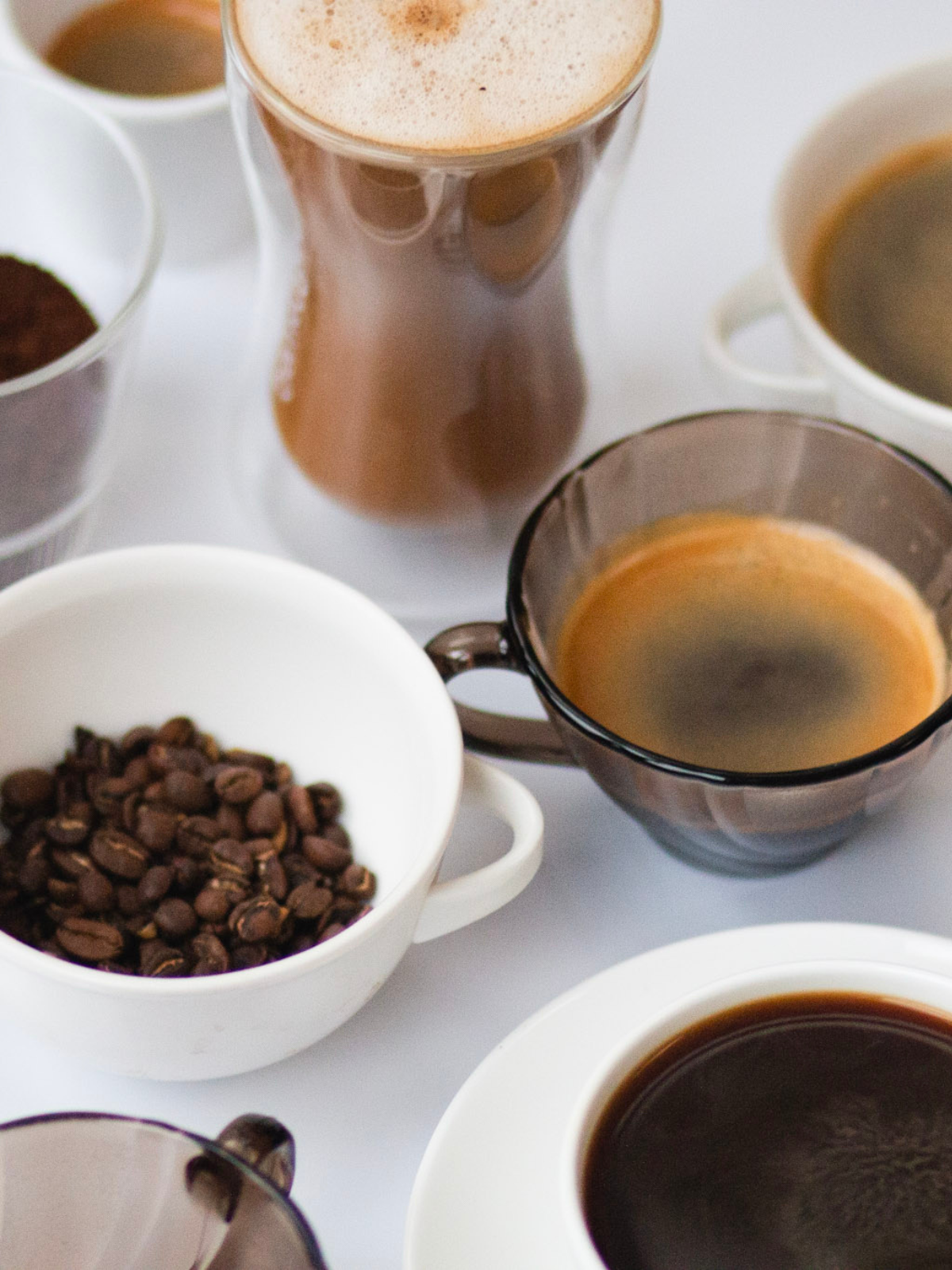
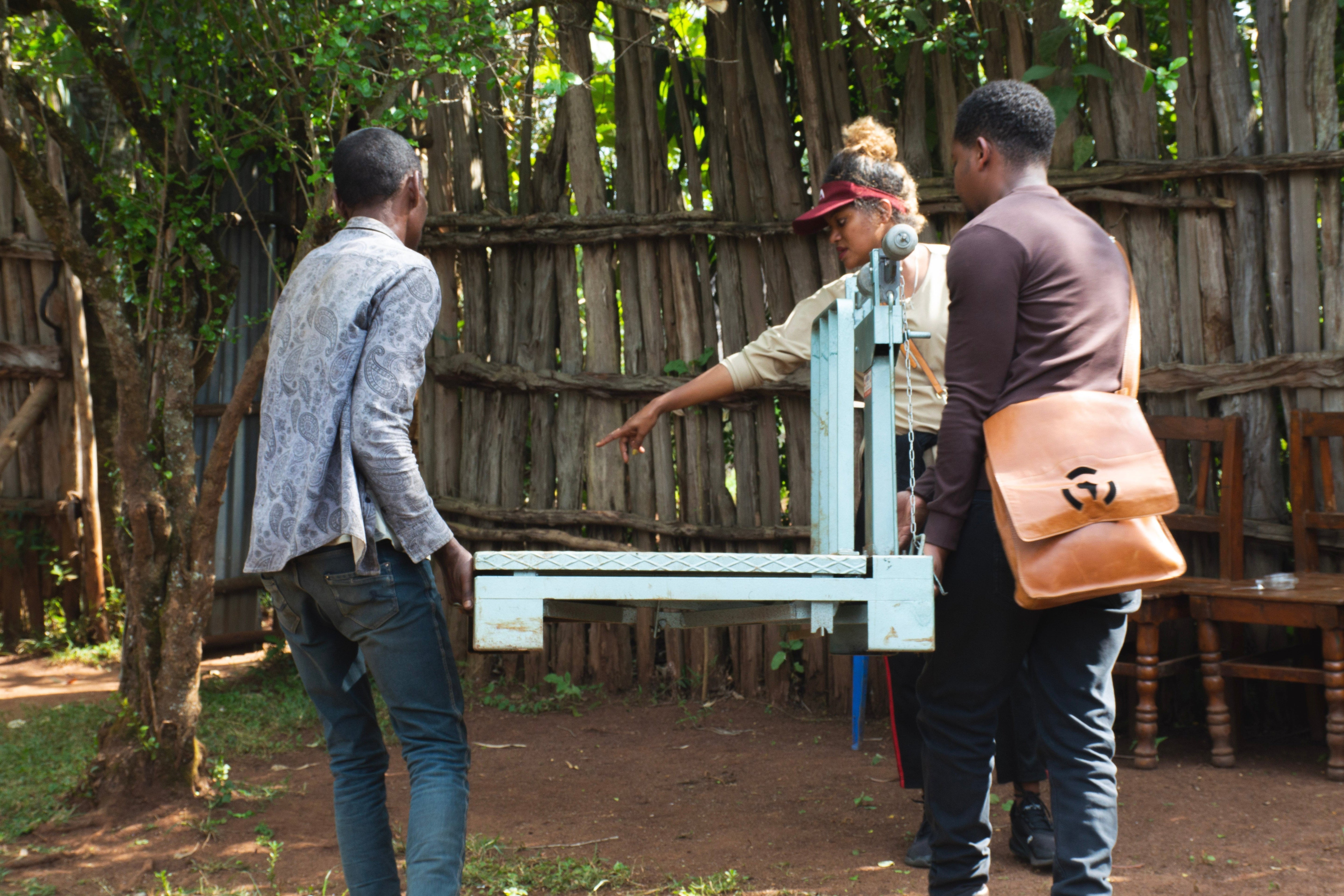
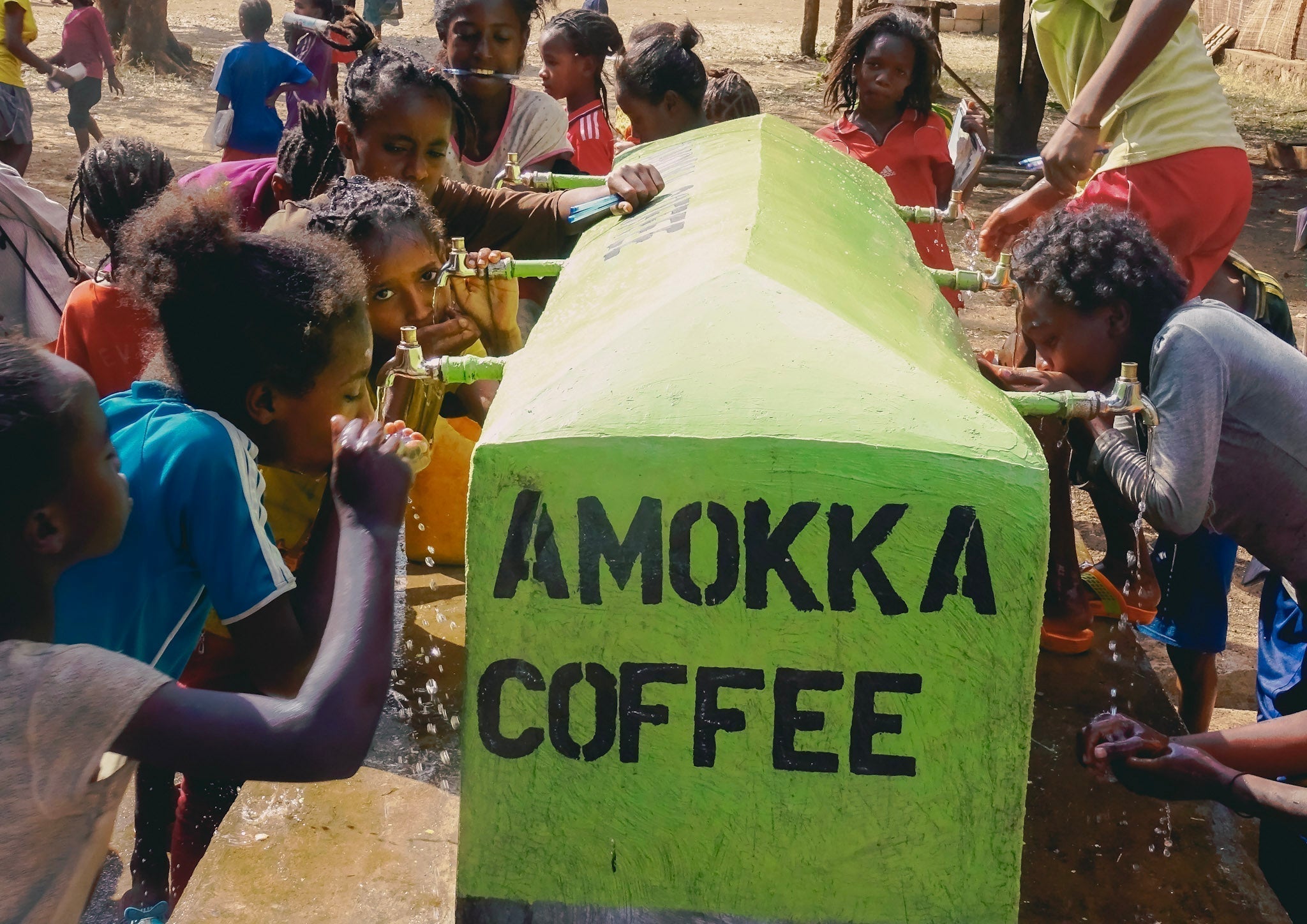
Leave a comment
This site is protected by hCaptcha and the hCaptcha Privacy Policy and Terms of Service apply.